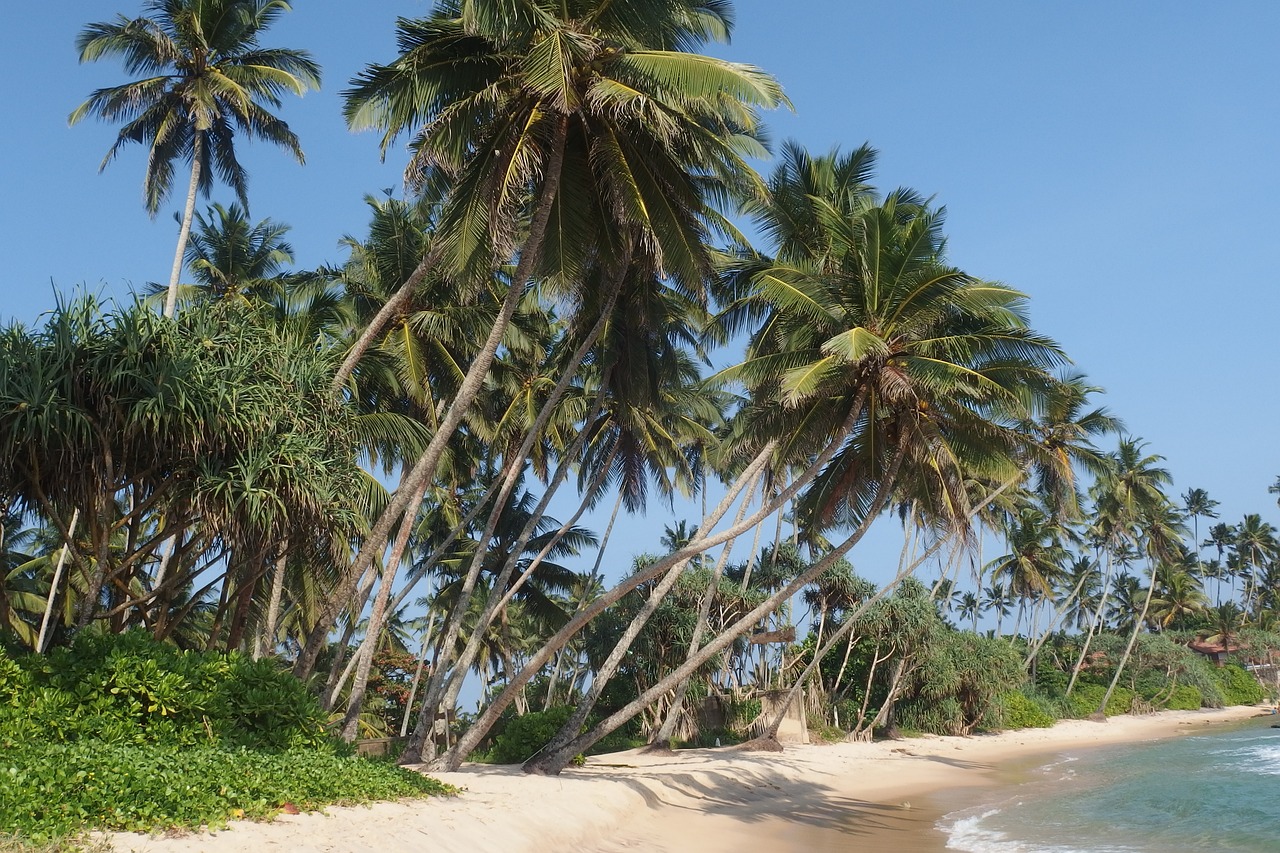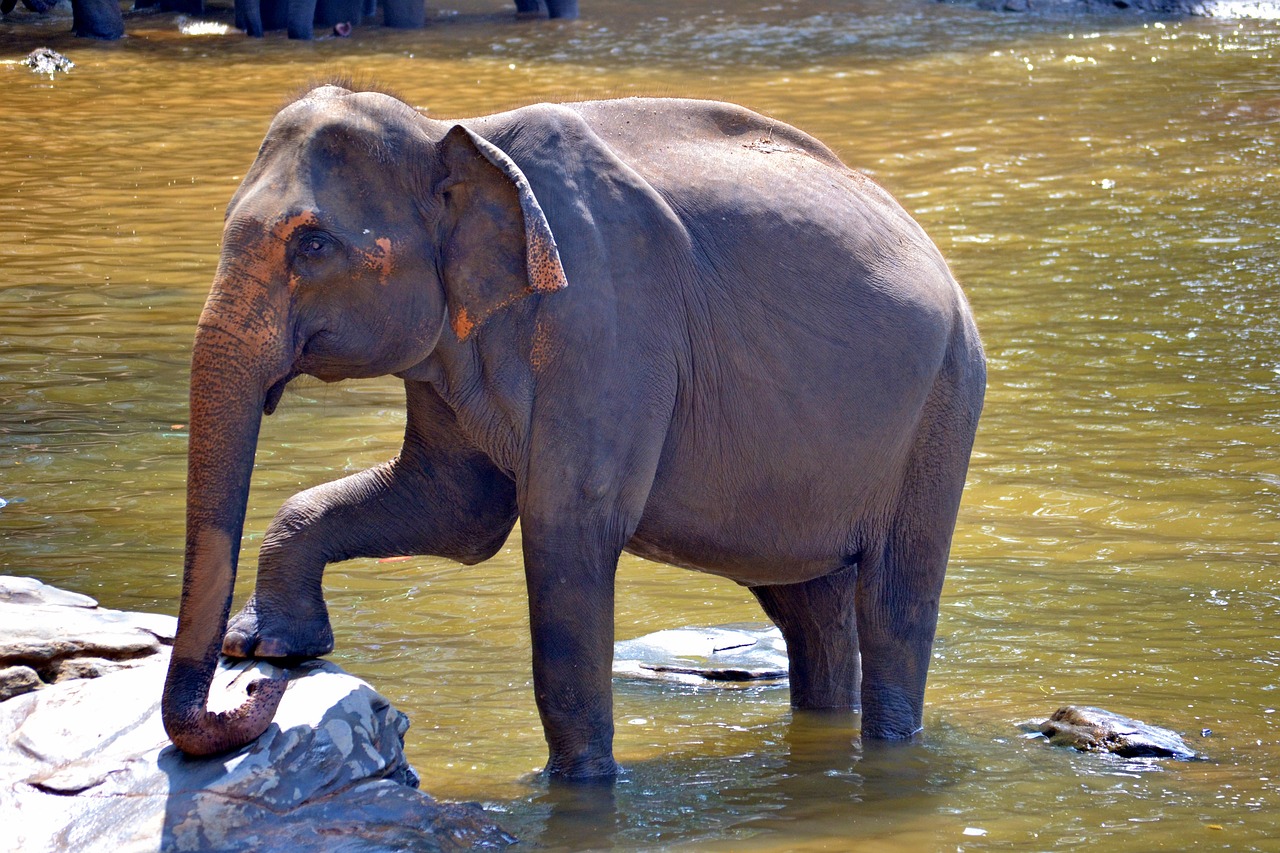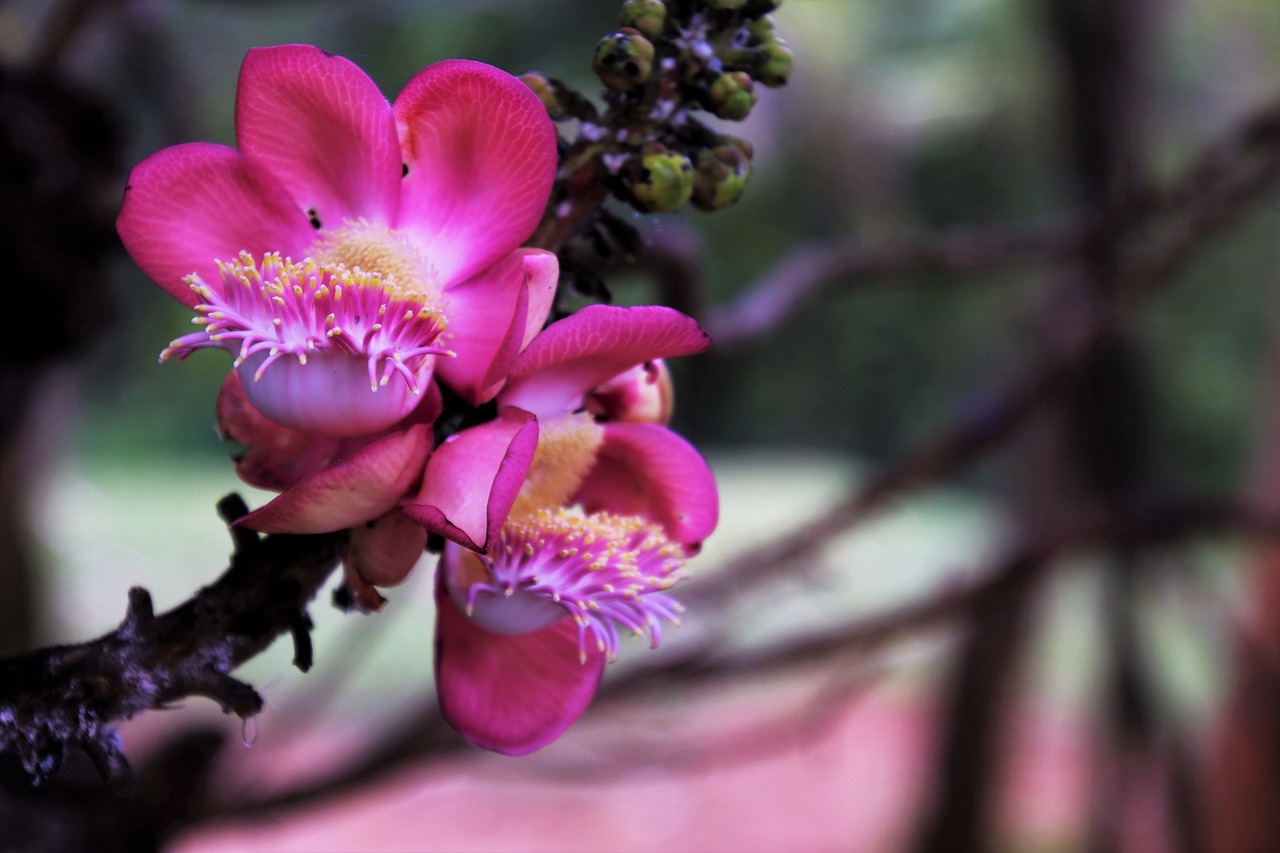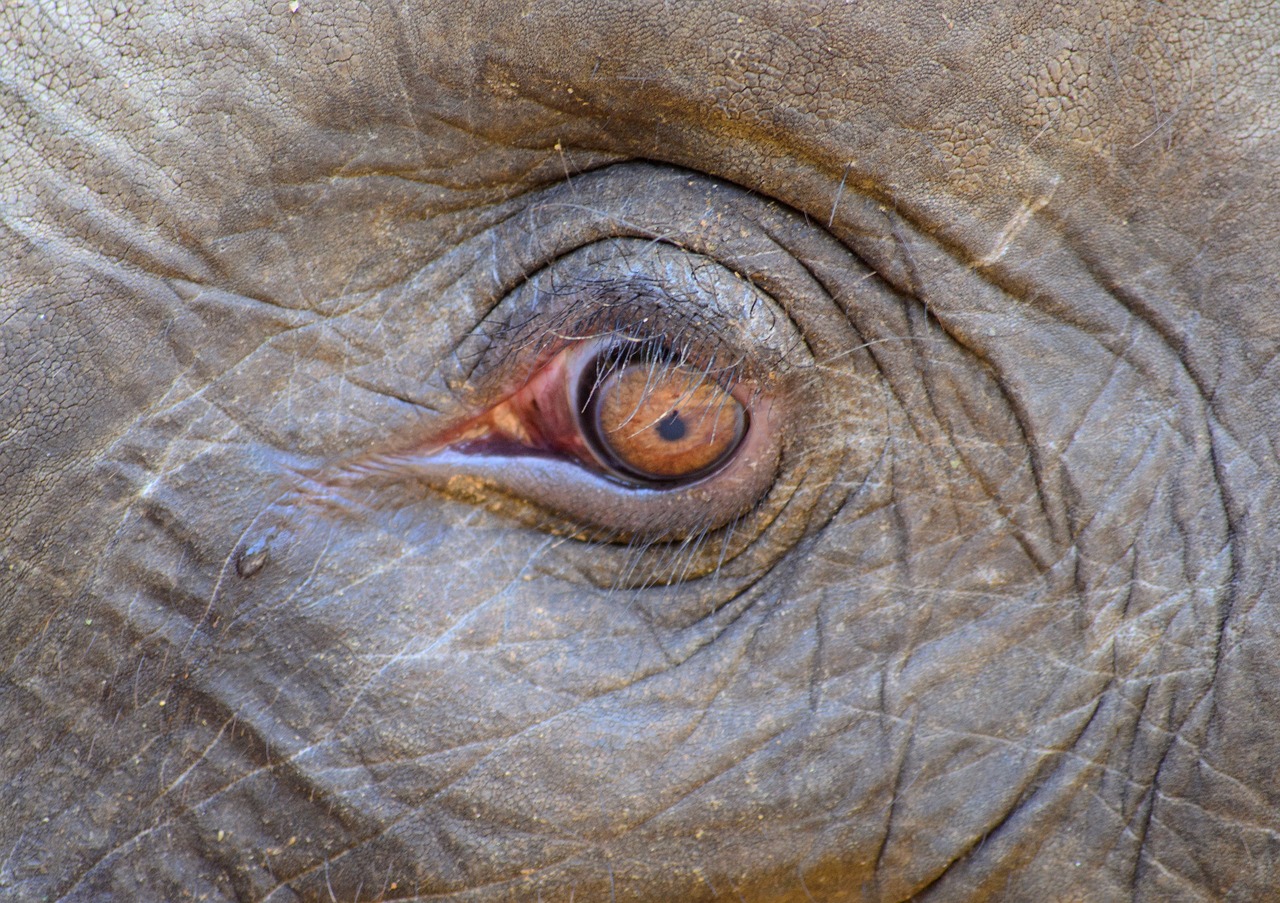Sri Lanka Video
Celebrating Global Festivals with Locals in Sri Lanka
Sri Lanka, known for its vibrant culture and rich heritage, offers a unique opportunity for travelers to immerse themselves in the local festivals. From religious celebrations to cultural events, Sri Lanka’s festivals showcase the diversity and traditions of its people. By participating in these festivities, tourists can gain a deeper understanding of the country’s customs and build connections with the locals. In this article, we will explore some of the most prominent festivals in Sri Lanka and how you can celebrate them alongside the locals.
Sri Lanka Image 1:

1. Sinhala and Tamil New Year
The Sinhala and Tamil New Year, also known as Aluth Avurudu, is one of the most significant festivals in Sri Lanka. Celebrated in April, this festival marks the traditional New Year for both the Sinhalese and Tamil communities. The festivities begin with the cleaning of houses and decorating them with colorful patterns known as “kolam.” Locals engage in various traditional games, such as tug-of-war and pillow fights, while children fly kites in the sky. Traditional food, including sweetmeats like “kiribath” (milk rice) and “kavum” (oil cake), is prepared and shared among family and friends.
- Kolam: Kolam refers to the intricate patterns made on the ground using rice flour or colored powders. These designs are believed to bring good luck and prosperity.
- Traditional Games: During the festival, locals participate in various traditional games like “kana mutti” (breaking a pot blindfolded) and “olinda keli” (tug-of-war).
- Kiribath: Kiribath, a special dish made from rice and coconut milk, is a staple during the New Year celebrations. It is often served with traditional sweets.
Sri Lanka Image 2:

2. Vesak
Vesak, also known as Buddha Purnima, commemorates the birth, enlightenment, and passing away of Lord Buddha. Celebrated on the full moon day in May, this festival holds immense religious and cultural significance in Sri Lanka. The streets and homes are adorned with colorful lanterns, and beautifully decorated pandols (thoranas) depicting scenes from the life of Buddha are erected. Devotees visit temples to make offerings and participate in religious ceremonies. The highlight of the festival is the vibrant Vesak procession, where locals carry illuminated floats and perform traditional dances.
- Pandols: Pandols are temporary structures decorated with colorful lights and intricate designs. They depict important events from the life of Lord Buddha.
- Vesak Lanterns: Locals create lanterns in various shapes and sizes using colorful paper. These lanterns symbolize the enlightenment of Lord Buddha.
- Vesak Procession: The Vesak procession features beautifully decorated floats, traditional dances, and performances that showcase the cultural heritage of Sri Lanka.
3. Kandy Esala Perahera
The Kandy Esala Perahera is one of the grandest religious processions in Asia, held annually in the city of Kandy. This ten-day festival celebrates the Sacred Tooth Relic of Lord Buddha, which is housed in the Temple of the Tooth. The procession features beautifully adorned elephants, traditional dancers, drummers, and fire dancers. The streets come alive with the sound of drums and the sight of colorful costumes as devotees and tourists gather to witness this magnificent spectacle.
- Elephant Procession: The highlight of the Kandy Esala Perahera is the procession of majestic elephants adorned with vibrant garments and ornate decorations.
- Dancers and Drummers: Traditional dancers and drummers, dressed in elaborate costumes, perform rhythmic dances and beats throughout the procession.
- Fire Dancers: Skilled fire dancers mesmerize the audience with their daring performances, showcasing their mastery over the art of fire manipulation.
Sri Lanka Image 3:

4. Duruthu Perahera
The Duruthu Perahera is a religious procession held in January to commemorate Lord Buddha’s first visit to Sri Lanka. The festival takes place in the ancient city of Kelaniya, near Colombo. The procession features beautifully dressed elephants, traditional dancers, drummers, and flag bearers. Devotees and tourists flock to witness this vibrant cultural event and pay their respects to Lord Buddha.
- Elephant Pageant: Adorned elephants, embellished with colorful garments and intricate decorations, form the centerpiece of the Duruthu Perahera.
- Traditional Dances: Skilled dancers perform traditional dances, showcasing the rich cultural heritage of Sri Lanka.
- Flag Bearers: Flag bearers carry religious and regional flags, adding to the grandeur of the procession.
5. Thai Pongal
Thai Pongal is a harvest festival celebrated by the Tamil community in Sri Lanka. Held in mid-January, this four-day festival is dedicated to the Sun God and marks the end of the harvest season. The festival begins with the preparation of a special dish called “Pongal,” made from newly harvested rice and jaggery. Locals decorate their homes with colorful kolams and offer prayers for a bountiful harvest and prosperity.
- Pongal: Pongal is a sweet dish made with freshly harvested rice, jaggery, and milk. It is cooked in earthen pots outdoors, symbolizing abundance and prosperity.
- Kolam: Colorful kolams made with rice flour are drawn in front of houses as a way to welcome prosperity and good luck.
- Prayers and Offerings: Devotees visit temples to offer prayers and seek blessings for a prosperous year ahead.
6. Esala Perahera
The Esala Perahera is a grand procession held in the city of Kandy to honor the Sacred Tooth Relic of Lord Buddha. This ten-day festival takes place in July or August and attracts thousands of devotees and tourists from around the world. The procession features beautifully adorned elephants, traditional dancers, drummers, and fire dancers. The streets of Kandy come alive with vibrant colors, music, and cultural performances.
- Elephant Pageant: The Esala Perahera showcases a majestic procession of elephants adorned with exquisite garments and ornaments.
- Traditional Dances and Music: Skilled dancers perform traditional dances while drummers create rhythmic beats, creating a festive atmosphere.
- Fire Dancers: Fire dancers display their skills and bravery as they manipulate fire during the procession.
7. Deepavali
Deepavali, also known as Diwali, is the festival of lights celebrated by the Hindu community in Sri Lanka. The festival signifies the victory of light over darkness and good over evil. Homes are illuminated with oil lamps, and colorful rangoli designs are created at the entrance. Families gather to exchange gifts, share sweets, and offer prayers to deities like Goddess Lakshmi for wealth and prosperity.
- Oil Lamps: Oil lamps, known as “diyas,” are lit to symbolize the triumph of light over darkness and to invite positive energy into homes.
- Rangoli: Colorful patterns made with colored powders or rice flour decorate the entrance of homes, creating a welcoming atmosphere.
- Gifts and Sweets: Families exchange gifts and sweets, signifying love, affection, and goodwill.
8. Christmas
Christmas is celebrated by the Christian community in Sri Lanka with great enthusiasm and joy. Churches are beautifully decorated with lights and ornaments, and midnight masses are held on Christmas Eve. Families come together to exchange gifts and share a festive meal. The streets are adorned with Christmas decorations, and carol singers fill the air with melodious tunes.
- Church Decorations: Churches are adorned with colorful lights, Christmas trees, and nativity scenes to celebrate the birth of Jesus.
- Midnight Mass: Devotees attend midnight masses, where prayers, hymns, and sermons are held to commemorate the birth of Jesus.
- Festive Meals: Families gather to enjoy a special Christmas meal, often consisting of roast turkey, fruitcake, and other traditional dishes.
9. Ramadan
Ramadan is the holy month of fasting observed by the Muslim community in Sri Lanka. It is a time of self-reflection, prayer, and acts of charity. Muslims observe fasts from dawn to sunset and break their fast with a meal called “Iftar.” Mosques are filled with worshippers during this month, and the community comes together to perform Taraweeh prayers at night.
- Fasting: Muslims abstain from food and drink from dawn to sunset during Ramadan as an act of devotion and self-discipline.
- Iftar: The fast is broken with a meal called Iftar, which typically includes dates, fruits, and a variety of traditional dishes.
- Taraweeh Prayers: Muslims gather at mosques to perform special prayers called Taraweeh, which are held after the evening prayer during Ramadan.
10. Poya Days
Poya Days are monthly Buddhist holidays that commemorate significant events in the life of Lord Buddha. These holidays fall on the full moon day of each lunar month and are observed with religious activities and acts of merit. Buddhists visit temples to offer prayers, meditate, and listen to sermons. Some devotees also engage in acts of charity and refrain from consuming alcohol and meat.
- Religious Observances: Buddhists visit temples to offer flowers, light lamps, and listen to sermons by monks, deepening their spiritual connection.
- Acts of Merit: Devotees engage in acts of merit, such as giving alms to the needy, releasing animals, and practicing meditation.
- Abstinence: Some Buddhists choose to abstain from consuming alcohol and meat on Poya Days as a form of self-discipline and purification.
Conclusion
Celebrating global festivals with locals in Sri Lanka is an incredible way to experience the country’s rich cultural heritage and forge connections with its people. Whether it’s the vibrant processions of Kandy Esala Perahera or the joyous festivities of Sinhala and Tamil New Year, each festival offers a unique insight into the traditions and customs of Sri Lanka. By immersing yourself in these celebrations, you not only gain a deeper understanding of the country but also create lasting memories and friendships.
References
– srilanka.travel
– lanka.com
– timeout.com
– cultural.gov.lk


